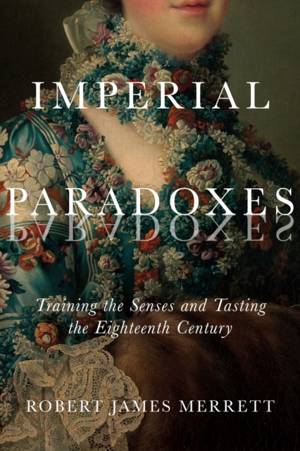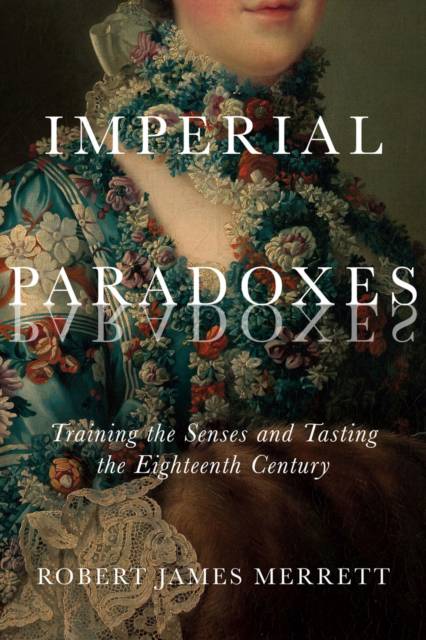
- Retrait gratuit dans votre magasin Club
- 7.000.000 titres dans notre catalogue
- Payer en toute sécurité
- Toujours un magasin près de chez vous
- Retrait gratuit dans votre magasin Club
- 7.000.0000 titres dans notre catalogue
- Payer en toute sécurité
- Toujours un magasin près de chez vous
53,45 €
+ 106 points
Format
Description
At war for sixty years, eighteenth-century Britain and France experienced demographic, social, and economic exchanges despite their imperial rivalry. Paradoxically, this rivalry spurred their participation in scientific and industrial developments. Their shared interest in standards of living and cultural practices was fuelled by migration and philosophical exchanges that reciprocally transmitted the values of urban geography, medicine, teaching, and the industrial and fine arts. In Imperial Paradoxes Robert Merrett compares British and French literature on those topics. He explains how food, wine, fashion, and tourism were channels of interdisciplinary relations and shows why authors in both nations turned the notion of empire from commercial and military expansion into a metaphor for exploring self-knowledge and pleasure. Although cognitive science has come to the fore only in the past two generations, eighteenth-century writers tested problems in the dualist and faculty psychology of Western rationalism. Themes of embodiment and embodied thought drawn from recent theorists are applied throughout this book, along with dialectics and models of the senses operating together. Imperial Paradoxes avoids the limitations of strict chronology, weaving together multiple narratives for a more complete picture. Applying major works in the fields of cognitive science, cognitive psychology, and pedagogical theory to prose, poetry, and drama from the eighteenth century, Merrett shows how attention to eating, drinking, dressing, and travelling gives important insights into individual literary works and literary history.
Spécifications
Parties prenantes
- Auteur(s) :
- Editeur:
Contenu
- Nombre de pages :
- 384
- Langue:
- Anglais
- Collection :
Caractéristiques
- EAN:
- 9780228006848
- Date de parution :
- 15-08-21
- Format:
- Livre broché
- Format numérique:
- Trade paperback (VS)
- Dimensions :
- 152 mm x 229 mm
- Poids :
- 608 g

Les avis
Nous publions uniquement les avis qui respectent les conditions requises. Consultez nos conditions pour les avis.






